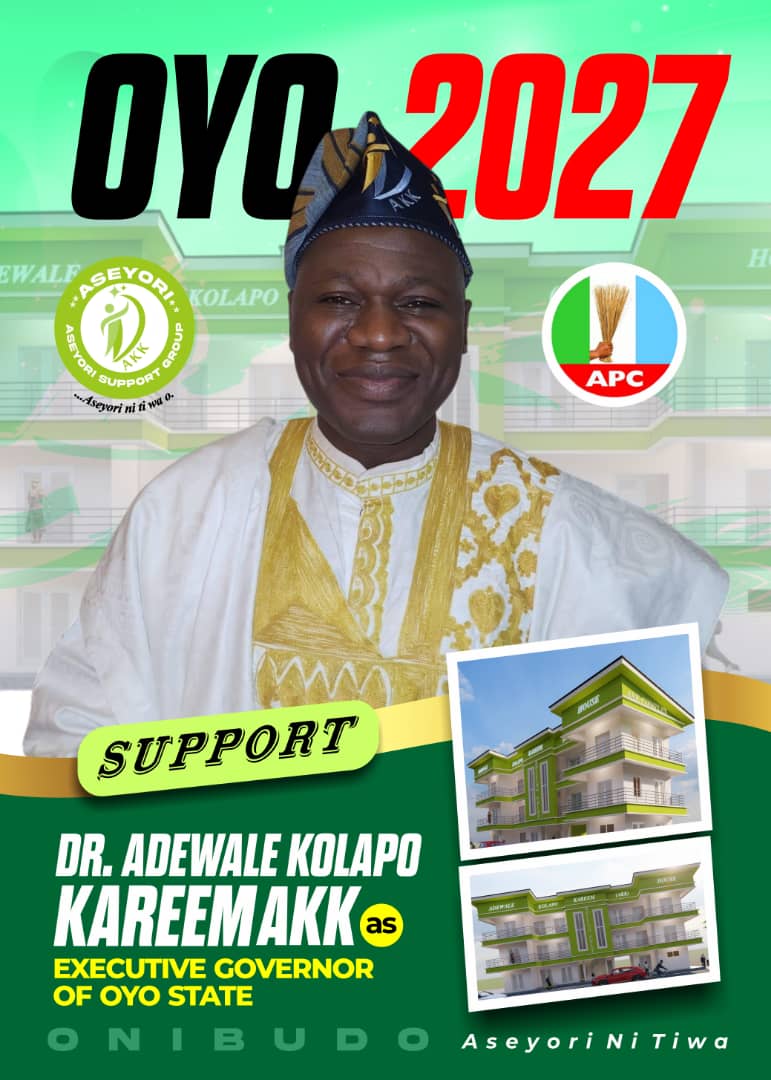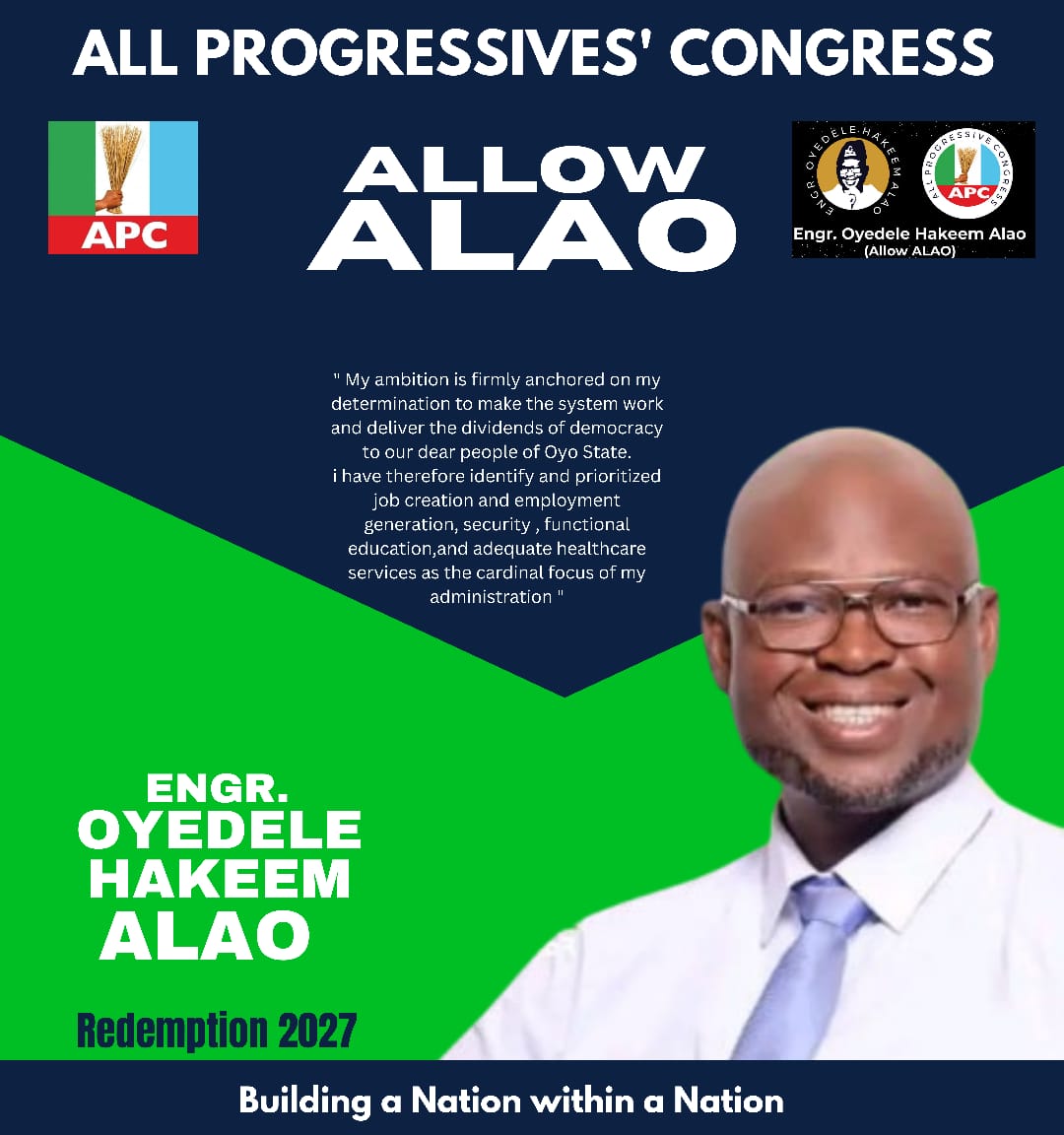

The Federal Government’s failure to renew the Crude for Naira agreement between NNPC Limited and Dangote Refinery, along with rising global crude oil prices, is set to push petrol pump prices higher across Nigeria in April and beyond.
The six-month agreement, which expired in March, was initially brokered by the government last year. It allowed the national oil company to supply crude oil to the 650,000-barrel-per-day Dangote Refinery, with payments made in Naira.
Despite initial challenges, the deal gradually reduced petrol prices from over N1,000 per litre to around N820, depending on location. Following the failure of the two companies to renew the agreement, Dangote Refinery had two weeks ago announced that it was halting sale of petrol products to the domestic market in Naira.

The decision has raised concerns that the price of petroleum products, especially premium motor spirit also known as petrol will rise.

As an indication of what is coming, petrol has risen across the country, with new pump prices reaching up to N960 per litre, according to the latest price list, obtained from MRS Oil and Gas by Financial Vanguard.
This was even as private oil depots have increased the price of petrol to N900 per litre from more than N890 per litre, weekend, due to rising prices of crude oil and other factors in the global market.

The adjustments, which became effective from March 28, 2025, indicated higher prices across major cities, with Lagos having the lowest rates and northern states recording the highest.
In Lagos, petrol will sell for N930 per litre, while states in the South West, including Ogun, Oyo, Osun, Ekiti, Kwara, and Ondo, will pay N940 per litre.
Also, in the South South and South East regions, including Edo, Abia, Akwa Ibom, Bayelsa, Rivers, Cross River, and Enugu, the product would be sold at N960 per litre.
In Abuja, Kaduna, Benue, Kogi, Niger, Sokoto, Kebbi, and Nasarawa will pay N950 per litre, while Zamfara, Kano, Jos, Bauchi, Taraba, Adamawa, Borno, Katsina, Jigawa, Gombe, and Yobe will pay N960 per litre.
Free Carrier Agreement (FCA) price, which determines how much marketers pay before selling fuel, also differs from one part of the nation to another.
While FCA price stood at N905 per litre, Borno, the FCA prices of Taraba, Adamawa, and Yobe stood at N888 per litre.
Private depots raise prices to N900 per litre
Already, private oil depots have increased the price of petrol to N900 per litre from more than N890 per litre, due to rising prices of crude oil and other factors in the global market.
Checks by Financial Vanguard, weekend, showed that oil marketers with N900 per litre depot prices included Rainoil, Prudent, A.Y.M Shafa and Mainland.
The checks also indicated that the pump prices of petrol would likely be adjusted upwards when the product gets to the filling stations.
The price of crude oil, a major feedstock involved in refining rose $75 per barrel from $70 per barrel, thus causing refineries, including the $650,000 barrels per day Dangote refinery to incur additional costs.
Checks by Financial Vanguard indicated that in line with its pronouncement, the $20 billion Dangote refinery did not load trucks based on the nation’s Naira for Crude programme, weekend.
The checks showed that lifting through ships that charged dollar rates were ongoing to enable it cover costs, especially as a bulk of its crude oil was still sourced in dollars from the international market.
Petrol price likely to increase further — Marketers
Petroleum products marketers have cautioned that pump prices would likely increase in the coming days unless the Federal Government resolves the dispute between NNPC Limited and Dangote Refinery over the crude for Naira deal.
Speaking to Vanguard on the impact of Dangote’s decision, the Public Relations Officer, Independent Petroleum Marketers Association of Nigeria, IPMAN, Chinedu Ukadike said pump price would likely go up due to the cost of sourcing foreign exchange to pay for the product.
He pointed out that marketers may also resort to selling their petroleum products in dollars as the currency has now become the means of exchange in Nigeria.
“The pressure on the dollar will increase because it has become the means of exchange. Marketers will begin to sell petrol at filling stations in dollars. And this will have a negative impact on the prices of petroleum products across the country.
“We don’t want to cause panic in the energy industry but what we are seeing now is not encouraging. Any increase in cost will be passed on to consumers eventually”, he added.
He said the marketers were informed that the crude for Naira deal ended March 1, 2025, contrary to claims made by government officials.
Price hike impacts operations — Platform
Commenting on the development, petroleumpriceng.com stated: “The development has impacted the operations of oil marketers, including MRS., Ardova. They had to source their ship supply in dollars, that would culminate in increasing the pump prices of petrol in Lagos and other parts of the nation.
“Already, private depots have raised their prices to 900/L, independent retail outlets are selling between 930-950/L from below N900 per litre. The inability of the federal government to resolve all issues that hinder the execution of Naira-crude policy will keep the petrol price rising.”
Landing cost hits N885 per litre — MEMAN
Similarly, the Major Energies Association of Nigeria (MEMAN) said that the landing cost of imported petrol has increased by N88 per litre in one week.
In its daily energy bulletin on Wednesday, March 26, 2025, MEMAN said the increase was from N797 per litre last week to N885 per litre this week.
MEMAN, stated: “As the market stabilises, challenges will arise, and resistance from those accustomed to price control is inevitable. But with robust regulation, industry collaboration, and public transparency, Nigeria can fully realise the benefits of this transformation.’’
It added that a well-functioning, deregulated market will attract more investment, improve efficiency, and create a more competitive landscape that benefits both businesses and consumers.